
Please install a more recent version of your browser.
18 March 2020
2 minutes read
From 2 until 4 March 2020 the Districts of Creativity Network’s eleventh Reverse Mission took place in Karnataka, India. The main theme of this fact-finding mission was focused on innovation in the Karnataka region, declared by the government as the most innovative region of India in 2019.
The Districts of Creativity Network unites regions around the world to share and develop practices on stimulating creativity in society to foster innovation and prosperity. Flanders DC is one of the partners of this unique network of regions that put creativity and innovation high on the agenda. From the USA to China and Scotland to India, the Districts of Creativity network spans the globe and continues to grow.
The first day of the Reverse Mission started at the Indian Institute of Science with a general introduction to the region and its capital Bangalore. Bangalore has a long tradition of being an early adopter in innovation. In 1905, Asia’s first electric streetlights appeared in Bangalore. Later on in the eighties, state-owned enterprises such as Hindustan Aeronautics Limited (HAL) became a catalyst for innovation in aerospace.
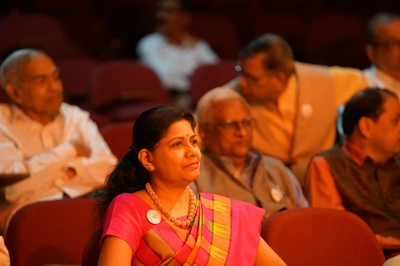
In 2005, Karnataka was the first region in India with a start-up policy program and a state funded VC fund. Nowadays, Bangalore is the only city in the world with 100,000 PhD’s. It hosts more than 500 R&D centers and is home to the innovation hubs of major companies such as Airbus, Walmart, Google, Accenture or AB Inbev.
But the region and its capital also face challenges. In a vibrant talk architect Naresh Narasimkan of multi-award winning architecture firm VA Associates advocated the urgent need for more public space, better mobility and creating more sense of ownership of the commons among the citizens of Karnataka. According to the architect, the existing governance structures often overlap and do not communicate well enough.
The afternoon session continued with a series of short presentations of promising start-ups, such as Bellatrix Aerospace, working on solutions to bringing down the cost of access to space and Renalyx, a health start-up creating innovative solutions for renal care.
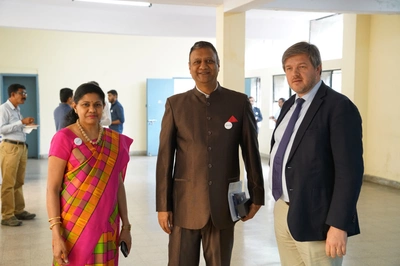
The second day took us outside of Bangalore to a local CS Pura village school for an insight in how creativity is applied in a rural context with limited resources.
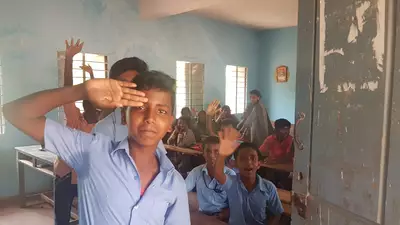
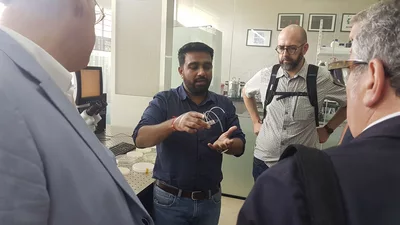
After holding our annual member meeting, we continued the third day of the Reverse Mission with a tour of several research labs of the Indian Institute of Science. Dr. Hardik J. Pandya of The Biomedical and Electronic Engineering Systems Lab showcased research projects on i.e. new sensors to demarcate benign and cancerous breast tissue and other new types of bio-sensors.
Dr. T.V. Prabhakar demonstrated the Zero Energy Networks Laboratory (Zen Lab), where his students and project staff work on building embedded electronic systems for application areas such as airplane cabin, healthcare, smart homes and other IoT applications.
The final day of the Reverse Mission 2020 ended with a visit to the famous Lalbagh Gardens of Bangalore.
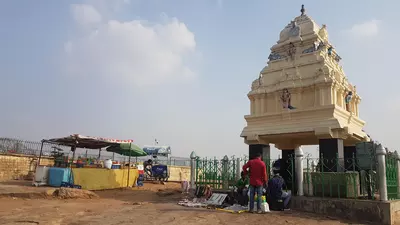
From high tech aerospace innovation to cultural interdisciplinary projects and rural creative thinking, this Reverse Mission has shown the extraordinary diversity within the Karnataka innovation ecosystem.
Are you interested in joining the next Reverse Mission 2021 to our member region Catalonia? Contact us for more info!
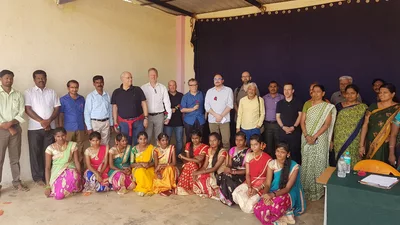
Cookies saved